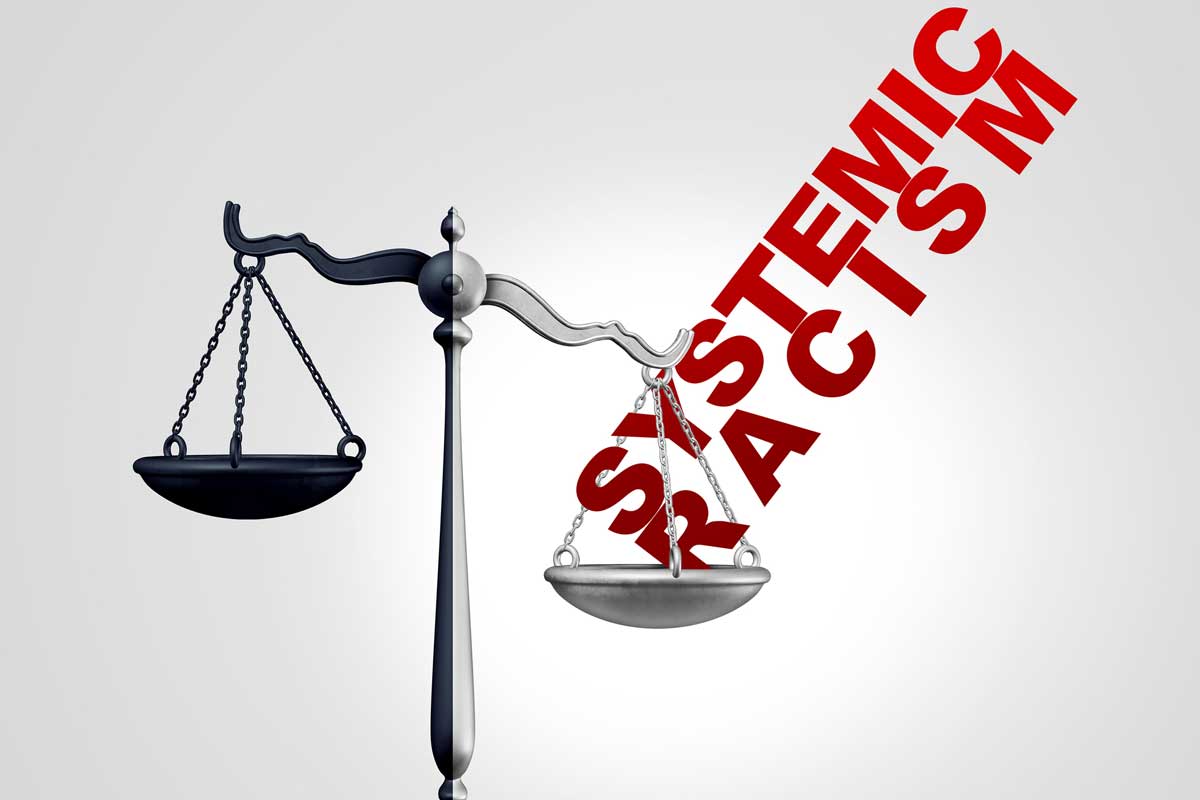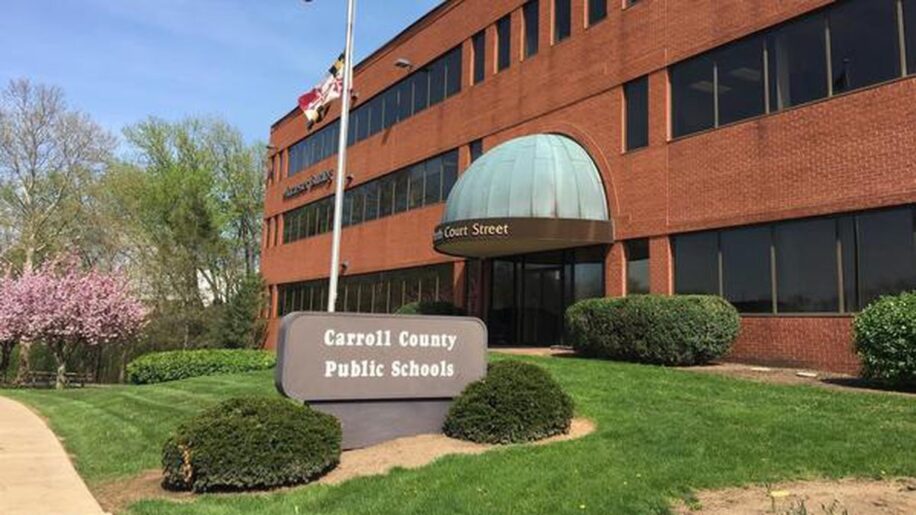The identities of the parent, teacher and student have been concealed for their protection.
A Carroll County high school mother recently reported “white privilege” being taught in her child’s English class and other concepts based on racial and gender identity politics.
Videos, including the one below, were used to teach students about the concept of privilege, followed by questionnaires that “measured” their level privilege/victimization in society.
When the student questioned what privilege had to do with learning English, the teacher explained it was to familiarize themselves with the topic for a book the class would be required to read.
“When I told them that I didn’t like how this was being presented, that it seemed racist towards whites, how it portrayed the police in a negative light, my teacher explained that it was actually good I was having these feelings, that the point of school is to sometimes make you feel uncomfortable,” said the student.
“It’s absolutely appalling,” said the mother. “They’re teaching our kids to view and treat people based on their skin color, rather than treating each other as individuals. How this belongs in an English class is beyond me.”
Concerned Parents has received reports from several parents and students that materials like the below privilege “scorecard” have been in use for years, spanning several middle and high schools.


Given the heightened political environment in our country, and having witnessed bias in many forms in CCPS, political indoctrination in the classroom has become a major concern for parents. In a working session held on September 23rd, Ed O’Meally, legal counsel to CCPS and a professor at several colleges, was asked by the board whether the younger generation of teachers entering the school system viewed themselves as political activists. O’Meally responded, “that is very much the mindset of a lot of our younger teachers…they think they’re coming in as change agents and that they have broad authority.”
The Board of Education is set to vote on the “political neutrality” policy this week, a measure aimed at preventing political indoctrination in classrooms. The policy is expected to reinforce the moderating role teachers play when discussing political topics and ensure classrooms remain within the lane of reading, writing and arithmetic.
The policy has taken months to pass, facing resistance from the local teachers union and school administrators.
Teresa McCulloh, president of the Carroll County Education Association (CCEA), argued against the policy in her commentary published in the Carroll County Times, claiming that “politically neutral” policies already exist and “should be enforced, rather than creating new ones.” She unknowingly admits what many parents and students have long suspected: that the policies are not being enforced when they should be, and as a result, teachers are not being held accountable.
“We report when these things happen, but we’re told that it’s not part of the curriculum, that they’ll address it with the teachers, but the same teachers continue to do it,” said the Carroll mom.
In fact, rather than counseling or discipline, parents have reported that many of these teachers instead receive prestigious awards for promoting these concepts.
Recognizing the lack of an accountability component, but more importantly, seeking to restore a culture of trust between the community and central office, the board’s proposed reporting mechanism in the “political neutrality” policy would track incidents of bias, much like how COVID cases and bullying incidents are reported, and allow CCPS to quantify how broad or narrow the issues are, protect the privacy of the teachers, while giving assurances to the community that the policy is being enforced.
McCulloh and the CCEA have been firmly against the policy and its accountability measures, referring to the proposals as a “witch hunt”.
But most parents feel the issues of political indoctrination isn’t a characterization of all teachers. “In fact, they believe it’s a small but growing minority of teachers who actively impose their political views but feel the ‘political neutrality’ policy is needed to provide an evidenced-based understanding to the real scope of the issue,” said Bryan Thompson, in his Concerned Parents of Carroll County response to McCulloh.


